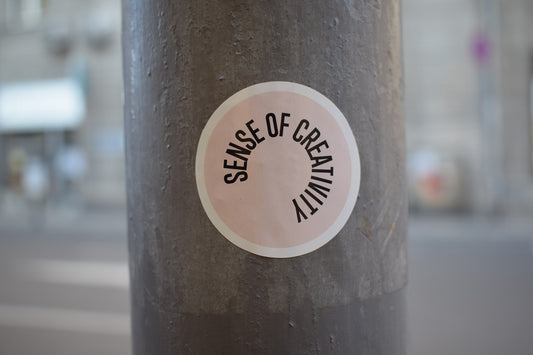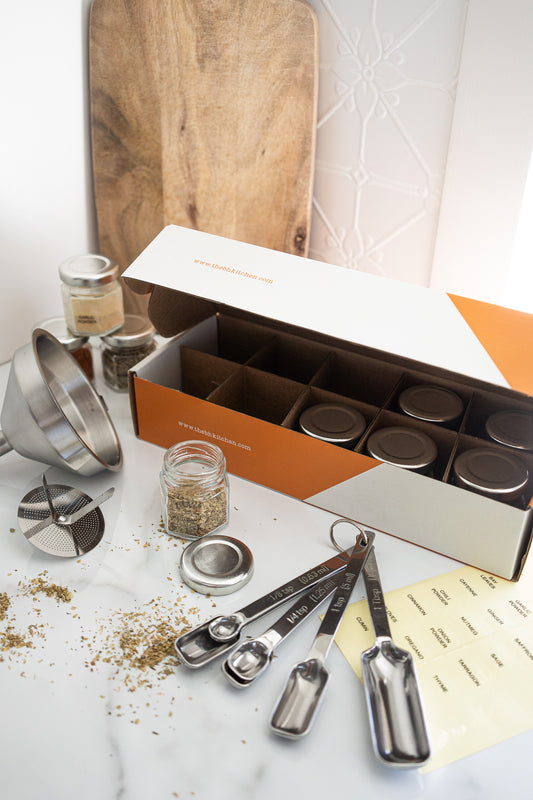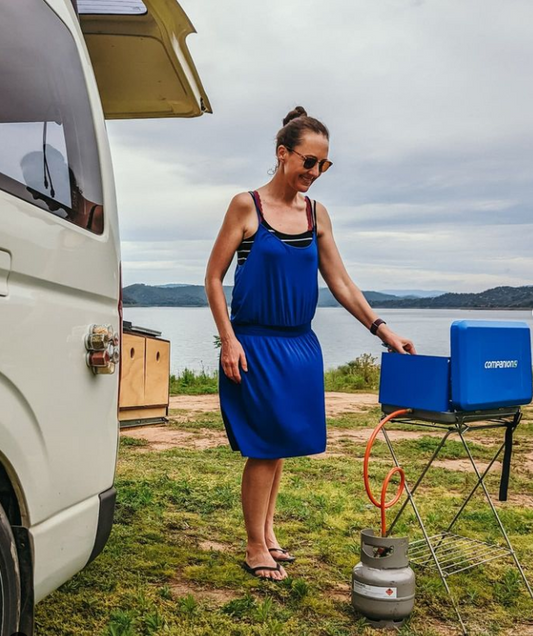
Herbs can add flavour to any dish, and they also have a variety of health benefits. Winter is the perfect time to enjoy cooking with fresh herbs. They are also easy to grow, and you don’t even have to have a green thumb. If you are looking for some new culinary inspiration for your family, fresh herbs are an easy way to add flavour without adding calories or fat. Let's take a look at some great herbs to consider growing in the winter time.
Perennial Herbs
Perennial herbs are a great addition to anyone's garden, especially during the winter months when other plants may struggle to thrive. With just a little bit of extra care and attention, these hearty plants can remain lush and green throughout the season. Whether you’re looking for an herb to use in cooking or one that adds beauty to your garden, perennial herbs offer both form and function.
These versatile herbs have been used for centuries by both chefs and gardeners alike due to their hardy nature and unique flavour profiles. Some popular examples include rosemary, oregano, thyme, lavender, chives, mint and sage – all of which can survive cold temperatures with ease. As well as adding flavour to dishes they also bring colour and texture into any outdoor area with their delicate foliage and fragrant blooms.
Annual Herbs
Annual herbs are a great way to add flavour and nutrition to your winter meals without having to go out and buy fresh produce. These hardy plants can survive the cold temperatures, making them ideal for those looking to get more use out of their garden in the colder months. Here’s what you need to know about annual herbs that grow in winter.
Annual herbs, such as basil and parsley, have short life spans of one season or less. Planting these herbs in winter means they’ll be ready to harvest by the time spring rolls around. One benefit of planting annual herbs is that they require very little maintenance – all you need is soil, sun, and some water! You can also mix and match different varieties for a unique flavour profile or even plant them indoors if space is limited outside.
Shrubs and Trees: A Herbs Bigger Brother
As the cold winter months approach, many of us think about curling up by a cosy fire with a warm cup of coffee. But what most don't realise is that there are plants thriving in the cold season – from herbs to shrubs and trees. Let's explore some varieties that you can find growing in winter temperatures, bringing colour and life to your garden or landscaping project.
Trees such as evergreen conifers are perfect for colder climates due to their ability to retain their needles all year long. These trees come in a variety of species and sizes, making them ideal for either small spaces or larger yards alike.
Protecting Plants During Winter
When winter arrives, it is important to protect your plants from the cold weather. Even though some herbs can stand up to freezing temperatures, others need extra protection to stay alive through the season. Whether you're a beginner or an experienced gardener, here are some helpful tips for protecting your plants during wintertime.
- Start by moving your potted herbs indoors when temperatures drop below 10 degrees Celsius.
- Place them in an area with plenty of indirect light and keep the soil moist but not soggy.
- If possible, consider investing in a grow light system or setting up a cold frame outside to provide additional warmth and shelter for tender plants that need more protection from harsh weather conditions.
- Additionally, make sure all vulnerable areas of your garden are covered with mulch or straw to insulate the soil and prevent damage caused by frost and ice buildup.
Conclusion
In conclusion, winter is a fantastic season to grow herbs. There are many types of cold-hardy herbs that can survive the chill of winter and provide fragrant foliage throughout the cold months. Herbs such as parsley, chives, oregano, sage, thyme and rosemary can all be grown with some care and attention in the garden during winter. Although more delicate varieties such as basil and mint may not survive outdoors in cooler climates during winter, they can still be cultivated indoors with good results. When winter herbs are harvested fresh from the garden or windowsill pots, their flavour will enhance any dish. With a few simple tips on how to cultivate them successfully you can enjoy homegrown herbs all year round!



